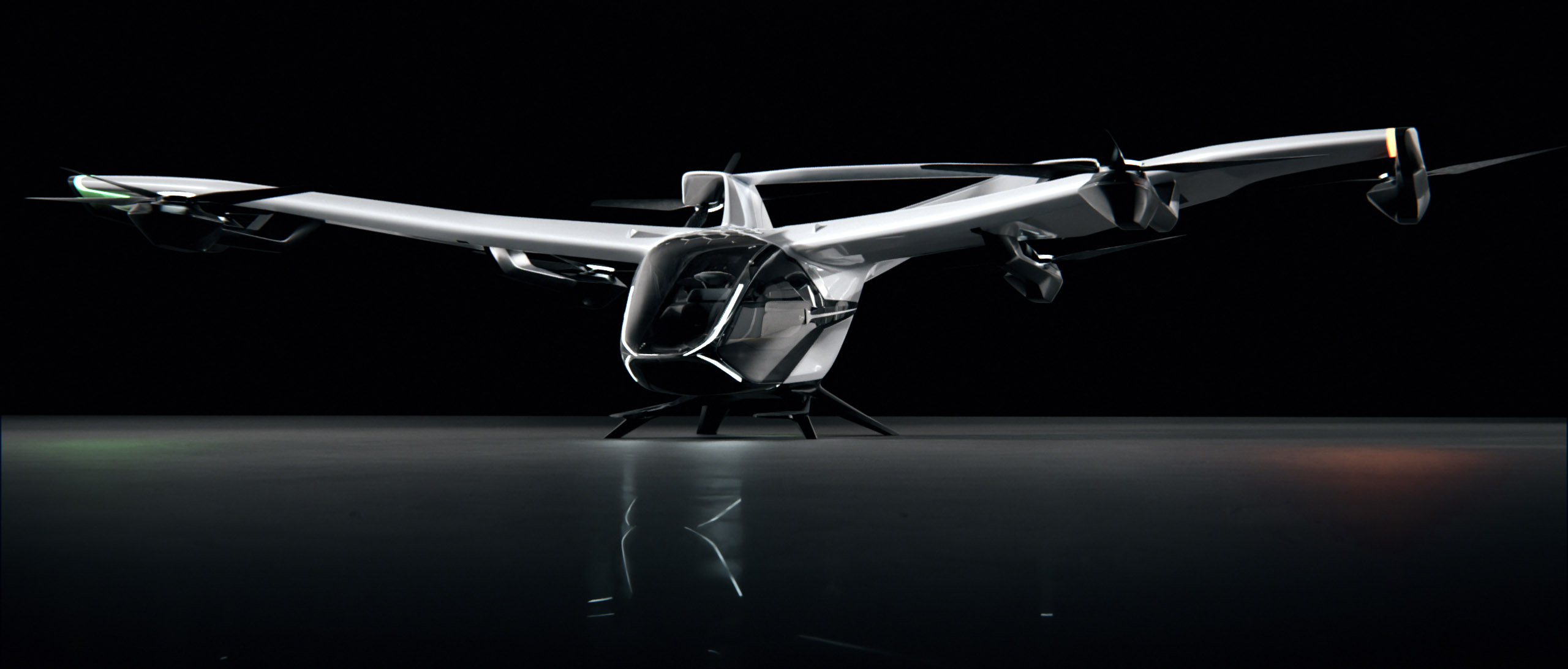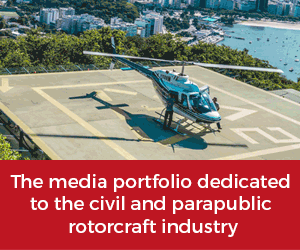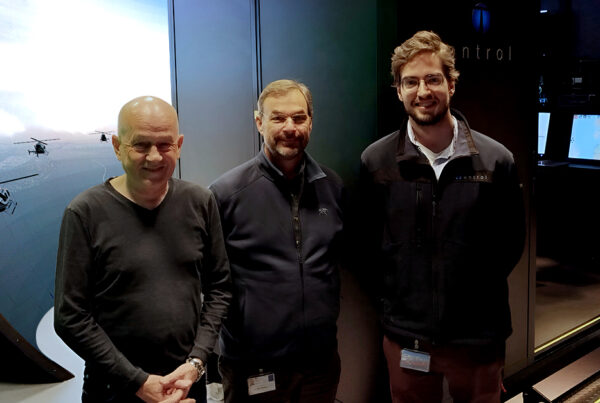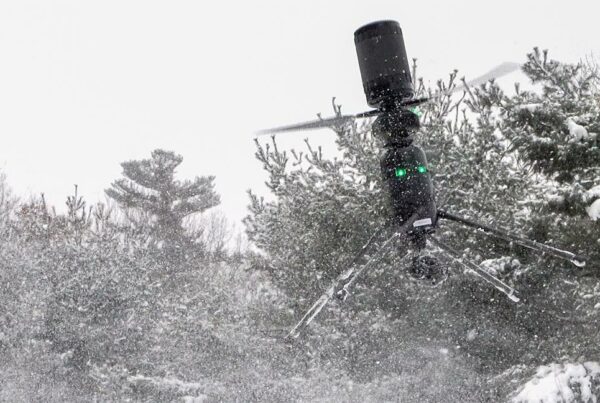Airbus has signed a joint agreement with Thales and Diehl Aerospace for the development of the flight control computers for the CityAirbus NextGen electric vertical take-off and landing (eVTOL) aircraft.
Airbus revealed its intention to develop the CityAirbus NextGen in September this year. It hopes to have a prototype flying in 2023.
Thales will be responsible for supplying the primary computing system for the aircraft, while Diehl will provide the secondary flight control computer. The integration of two different, independent systems will ensure redundancy and compliance with EASA regulations for eVTOLs.
Jörg Müller, head of urban air mobility (UAM) at Airbus, commented: “I’m delighted to announce the first system partnership for the development of our CityAirbus NextGen. UAM is a joint effort. Nobody can do it alone. Airbus is reaching out to potential partners from the industry to design and build an optimised vehicle for safe and efficient air transport in urban environments. With Thales and Diehl, we are proud to have two excellent partners with a lot of expertise on board.”
Thales has more than 40 years of experience in electrical flight controls, having supplied the systems for the first fly-by-wire commercial airliner, the Airbus A310. Yannick Assouad, the company’s executive vice-president, avionics, said: “We are thrilled to see that our close cooperation with Airbus and Diehl is once again delivering concrete results through an agreement that will add a whole new dimension to air mobility. With this safe and innovative flight control solution, we are working together to build an airspace environment we can all trust.”
Diehl Aerospace, a joint venture of Thales and Diehl Aviation, has been producing avionics for civil and military aircraft for decades. Josef Köcher, CEO of Diehl Aviation, noted: “In the future, eVTOLs will be a key part of mobility and will enormously enrich it – in our cities, but also beyond. For this, the safe operation of the innovative aircraft, of course, plays an essential role. We see a trendsetting partnership in the close collaboration with Airbus and Thales for the reliability and safety of the CityAirbus. We are proud to be on board with our expertise, and we are looking forward to seeing the CityAirbus in the skies soon.”
Airbus’s design for the CityAirbus NextGen includes fixed wings, a V-shaped tail and eight electrically powered propellers. The aircraft, which is expected to have a range of 80 km and a cruise speed of 120 km/h, should be able to carry up to four passengers in zero-emissions flight.








